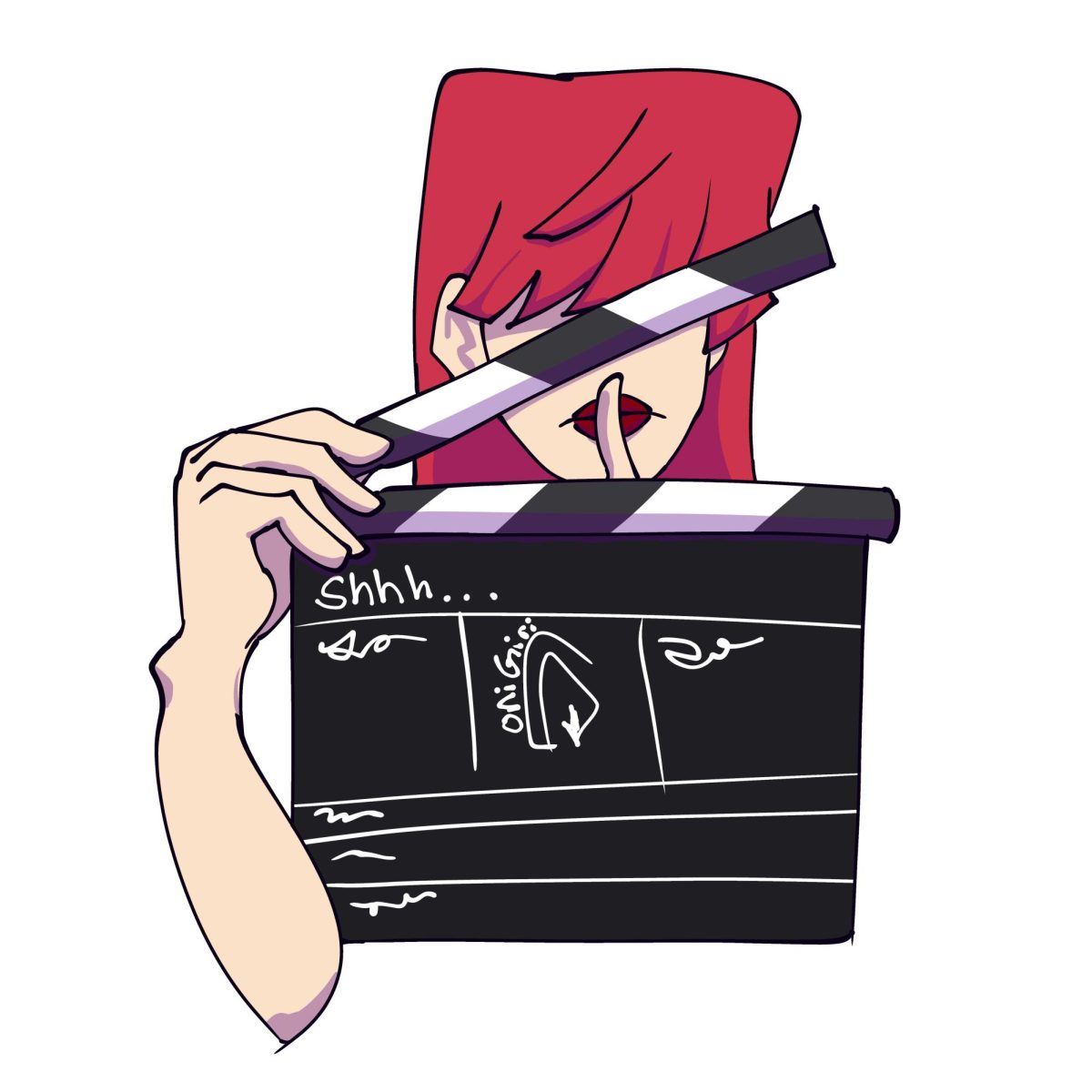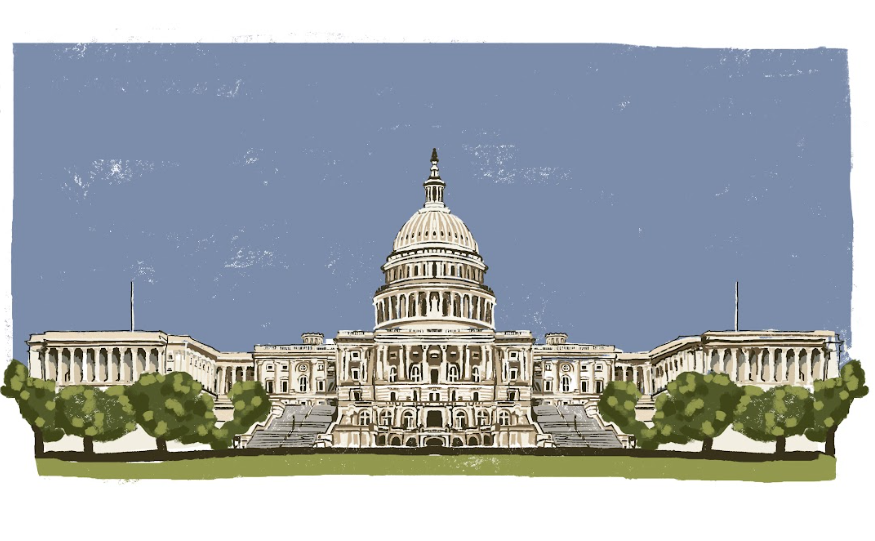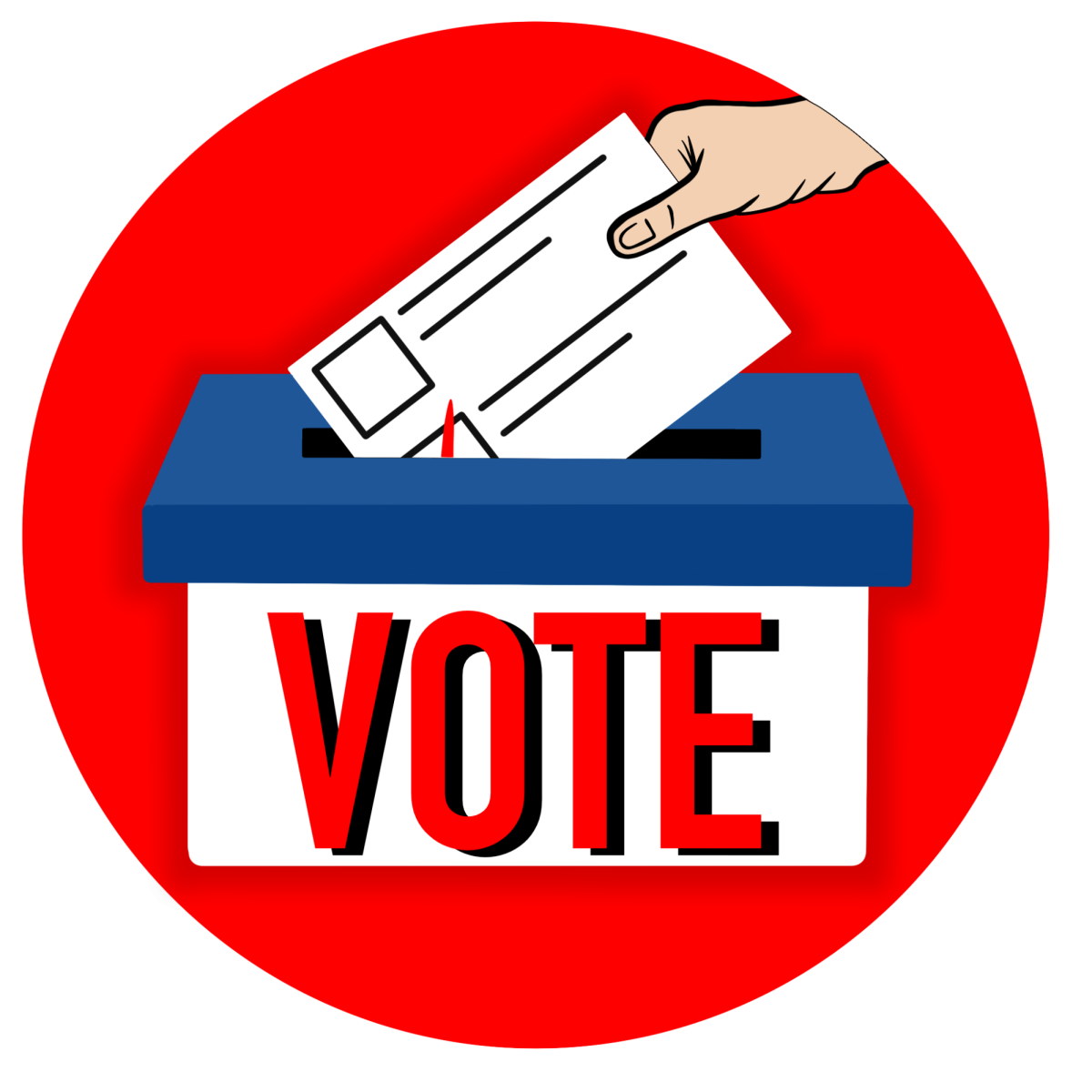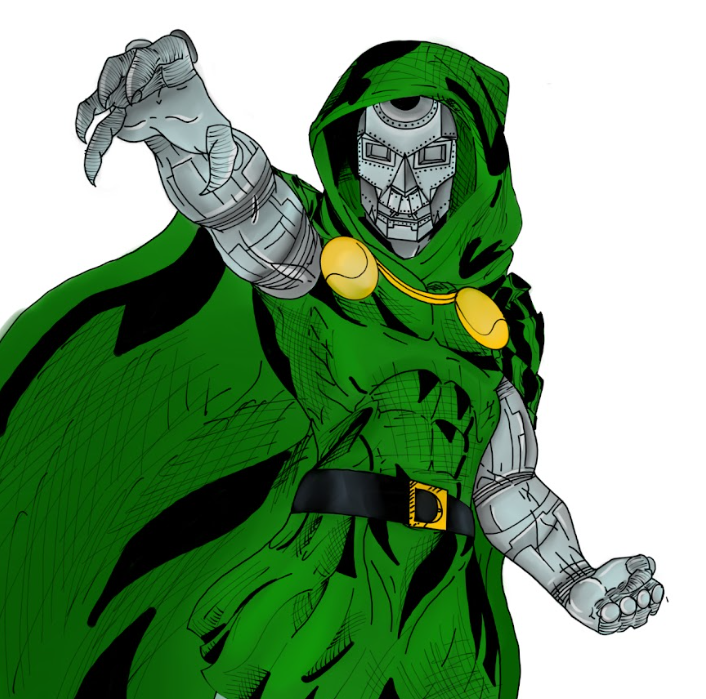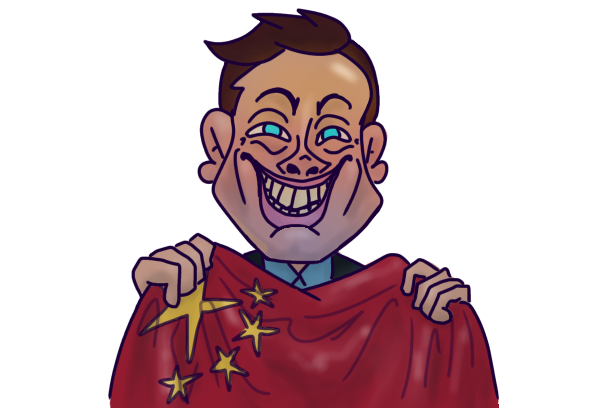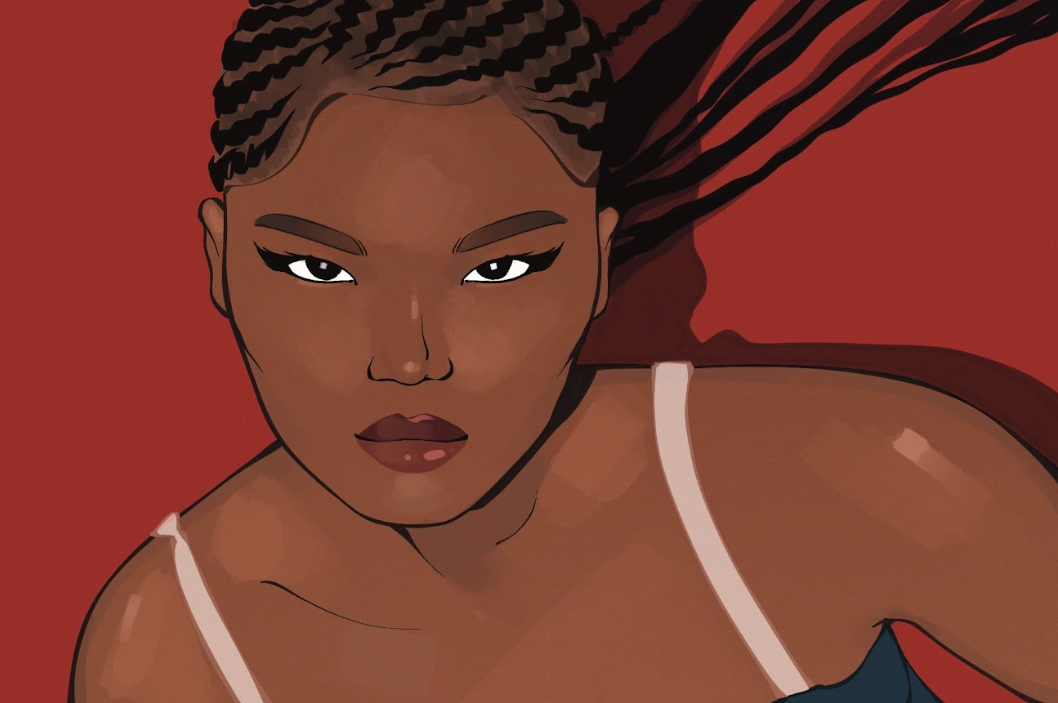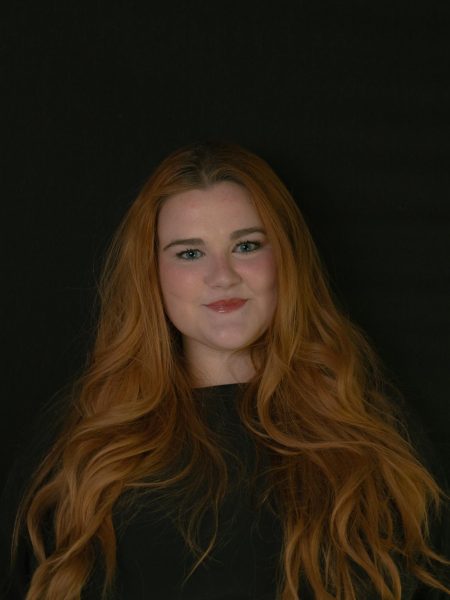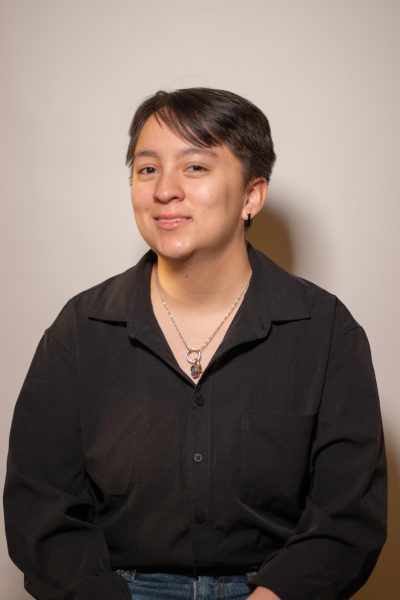The ethics of children in the entertainment industry has been a widely debated topic for as long as there have been child actors. An endless number of children have grown up in the acting industry, and there is a noticeable pattern of those children going on to experience devastating adult lives or going down extremely troubled paths. The treatment of child actors by entertainment industries has a significant impact on how these children develop mentally, emotionally, financially and physically.
The first instance of this starts with the first-ever child actor in Hollywood, Jackie Coogan, who starred in Charlie Chaplin’s silent drama-comedy film “The Kid” in 1921. Coogan had earned today’s equivalent of $50 million throughout his adolescent acting career, yet only received today’s equivalent of $2,000. This occurred because the child actor had no financial protections, meaning his parents owned his earnings and were legally allowed to spend it how they chose.
In 1938, Coogan filed a lawsuit against his mother and stepfather, which prompted a law in California Legislation entitled the Coogan Act. This law protects minors’ earnings by requiring parents to have a certain amount of the earnings in a savings account, widely known as a Coogan Account.
However, the Coogan Act did not apply to all child actors; it only applied to minors with court-approved contracts, which the majority of child actors were not applicable. This loophole within the law left many child actors vulnerable to the mishandling of their wages.
Not only does Hollywood have a long history of financial abuse toward child actors, but there is also a long history of emotional, mental and physical abuse of these children. Another example is Judy Garland, the 16-year-old actress who played Dorothy in The Wizard of Oz.
Garland’s biographer alleged that Garland faced sexual harassment and sexual assault by many men in Hollywood, notably identifying Metro-Goldwyn-Mayer (MGM) Studios co-founder Louis Mayer as one of the men who repeatedly assaulted and groped Garland while she was between the ages of 16 and 20.
Garland would continue her career by acting in film classics such as the 1954 adaption of “A Star Is Born” and “Meet Me in St. Louis.” Still, her career would continue to perpetuate her severe battles with addiction and depression.
Garland’s mother started having her daughter take uppers and downers by the age of 10 to “keep her energy up while performing on stage,” and the dependency worsened as MGM Studios would make sure Garland was medicated to maintain the intense schedule. At age 47, Garland died in 1969 of an accidental barbiturate overdose.
Brooke Shields is another child actor who failed tremendously in Hollywood and the film industry. In the Hulu two-part docuseries “Pretty Baby: Brooke Shields,” Shields retells her experiences of being heavily sexualized and exploited as a child by the industry.
Shields, born in 1965, began her acting career at just 11 months old when her mother auditioned her for a soap commercial. By 1978, Shields was hired for the leading role in the Paramount Pictures film “Pretty Baby” at age 11. In this film, Shields played a 12-year-old prostitute who was raised in a brothel. During filming, Shields had her first kiss on-screen with her 26-year-old co-star.
Shields recalls another situation in which she was shooting a sex scene for 1981’s “Endless Love” at only age 16. Shields alleged while on set, the director, Franco Zeffirelli, “grabbed [her] toe and kept twisting it, so [she] had a look of ecstasy.”
Although Shields is one of the few child actors who has gone on to have a successful adult career and raise two daughters, the Hulu documentary highlights the life-long effects of Shields’ treatment as a child actor.
Fast forwarding to March 2024, Discovery released a four-part docuseries called “Quiet On Set: The Dark Side of Kids TV,” in which Nickelodeon stars from the 90s to mid-2000s share their experiences working in a toxic work environment.
“Quiet on Set” highlights the inappropriate behavior that child actors and other adults working on the set of popular Nickelodeon television shows such as “iCarly,” “Victorious,” “Zoey 101,” “All That,” “Drake and Josh,” “The Amanda Show” and “Sam and Cat,” had to face at the hands of writer and producer, Dan Schneider.
Schneider faces several allegations throughout the documentary, including gender discrimination, racism and intentionally putting sexual jokes and innuendos in his shows for children to act out. One example of many was “The Amanda Show,” in which a 13-year-old Amanda had to play a character by the name of “Penelope Taynt.”
Schneider denies most of these allegations in a statement shown at the end of the episode, “a standards and practices group read and ultimately approved every script, and programming executives reviewed and approved all episodes.”
Another shocking secret revealed on the “Quiet on Set” documentary was the three crew members who faced charges for the sexual abuse of children. One of these crew members was Brian Peck, a dialogue coach on the set of multiple Nickelodeon shows. Peck was charged in 2003 with 11 counts of lewd acts with a minor between the ages of 14 and 15. In the documentary it was revealed for the first time by Drake Bell that he was the minor Peck abused.
Though Peck was a registered sex offender and faced 16-months in prison, he went on to work for the Disney Channel in 2006-2007 as a dialogue coach on the set of “The Suite Life of Zach and Cody.”
There are many more Judy Garlands, Jackie Coogans, Brooke Shieldses and Drake Bells in this entertainment industry who deserve a chance to live healthy, untraumatized childhoods. The continued outpour of stories of trauma and abuse from child actors leads back to one question: who is protecting them? If not protected by their parents, the law, their agents or other adults on set, how could it possibly be ethical to continue employing child actors?


